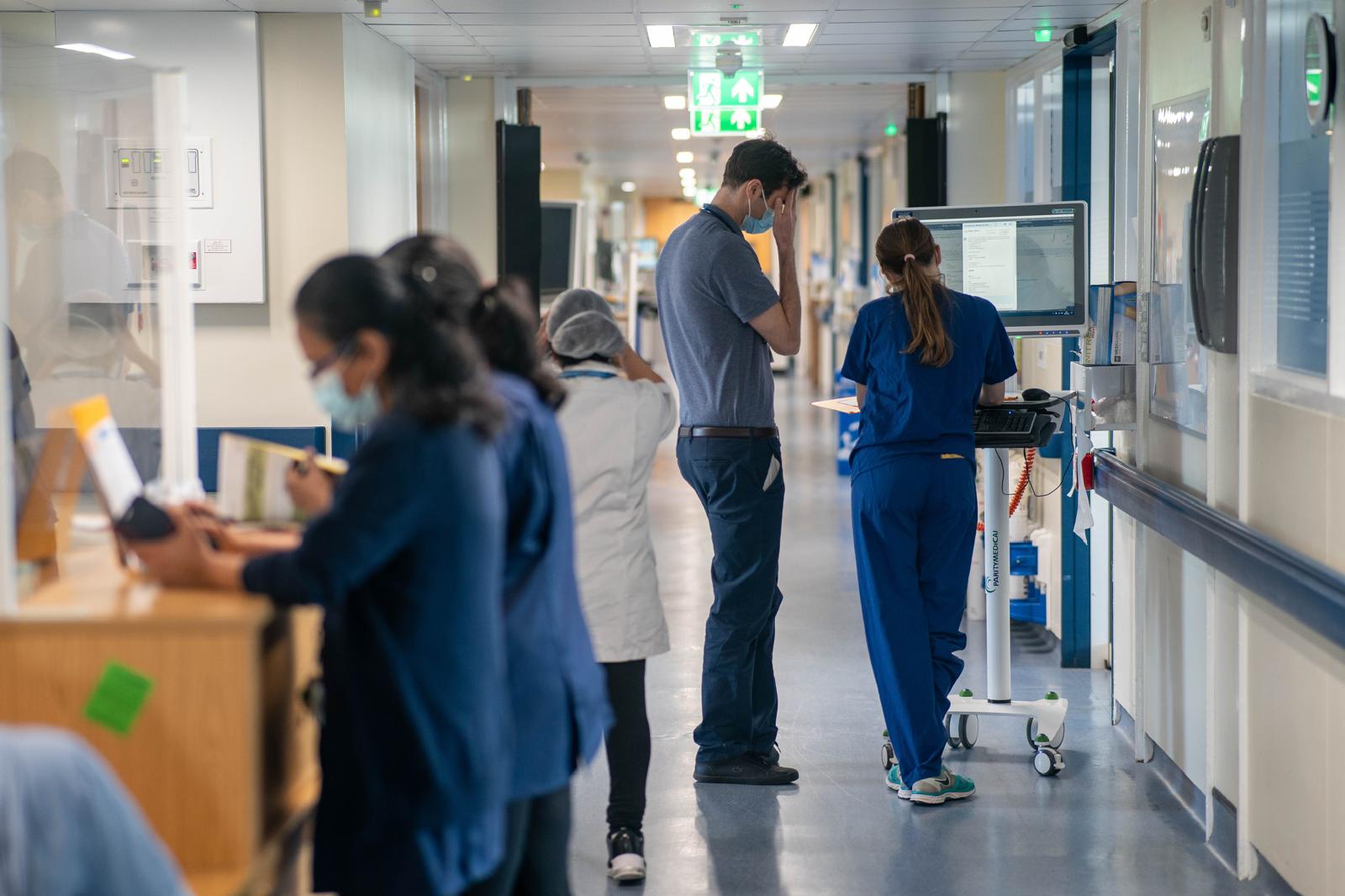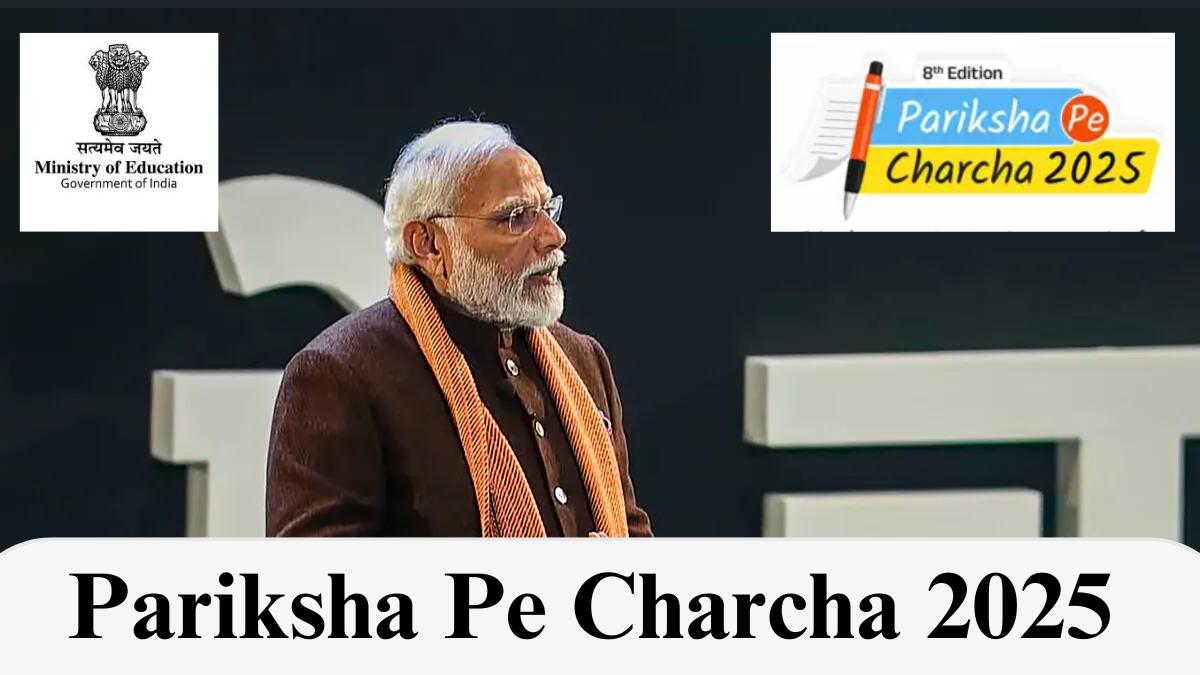 Image Source: The Independent
Image Source: The Independent
In an inspiring call to action, leading policymakers and health sector experts have urged medical students across the state to harness their knowledge, skills, and passion to actively contribute to the state’s overall development. Recognizing the pivotal role that tomorrow’s doctors play not only in healthcare delivery but also in shaping social outcomes and public health innovation, stakeholders are advocating for a holistic approach to medical education aligned with community needs and development goals.
Key Highlights: Medical Students as Changemakers
The state government has intensified focus on expanding and upgrading medical education infrastructure, growing the number of medical colleges from 387 to 780 over the last decade, significantly enhancing access to quality medical training.
More than 10,000 additional medical seats are targeted in the upcoming academic year, with plans to add over 75,000 undergraduate seats in the next five years ensuring a steady pipeline of trained medical professionals.
New policies integrate digital learning, regional language instruction, and simulation-based clinical education, making medical training more inclusive, practical, and aligned with emerging healthcare challenges.
Emphasis is placed on community-oriented medical programs, encouraging students to engage in primary care delivery, rural health camps, health awareness drives, and research on region-specific health issues.
Medical students are encouraged to act as ambassadors for health equity, participating in government initiatives like the National Health Mission and Ayushman Bharat to broaden the healthcare reach.
Bridging Education and Real-World Healthcare
The introduction of the National Exit Test (NExT) unifies licensing and postgraduate entrance processes, streamlining assessment and promoting a higher standard of competence.
District Residency Programs link medical education with real-life clinical experience in district hospitals, fostering exposure to grassroots-level healthcare challenges and enhancing practical skills.
The state’s social health schemes have incorporated special cancer care day centres and expanded screening programs for breast, oral, and cervical cancers, requiring increased involvement from medical students in outreach and care delivery.
The Role of Medical Students Beyond Clinics
Today’s medical students are envisioned as future leaders, innovators, educators, and public health advocates shaping policies and systems.
Students’ involvement in health tech startups, digital health solutions, and community-based research aligns with the government’s drive to digitalize healthcare and expand telemedicine.
With financial support schemes encouraging entrepreneurship among women and marginalized communities in the healthcare ecosystem, medical students have opportunities to pioneer innovative solutions.
Participation in health education campaigns and preventive medicine initiatives positions students as critical agents for behavioral change in society.
Challenges and Responsibilities
Despite expanding seats and opportunities, challenges remain in ensuring uniform quality, access for rural and economically disadvantaged groups, and adequate faculty availability.
Students are called upon to uphold ethical standards, embrace lifelong learning, and bridge the gap between modern medicine and traditional healthcare practices.
Developing empathy, cultural competence, and system thinking is key to delivering equitable care amid India’s vast diversity and resource disparities.
Looking Ahead: Vision for 2047 and Beyond
Government leaders articulate a long-term vision of creating a healthcare ecosystem by 2047 comparable to the world’s best, anchored by empowered medical professionals.
Initiatives like the New Fund of Funds for Startups injecting Rs 10,000 crore, incentives for research-driven education, and expanded infrastructure demonstrate intent to create a sustainable, innovation-driven pipeline of healthcare talent.
The combined drive of state leadership, educational reforms, and youthful energy aims to ensure universal health coverage and improved quality of life for all citizens.
In Summary
The clarion call for medical students to contribute meaningfully to the state’s development underscores their indispensable role in shaping India’s healthcare future. As India’s healthcare system evolves and expands, medical students stand not only as frontline clinical providers but as innovators, educators, and societal leaders poised to transform community health, equity, and well-being. By embracing this holistic mission, they can help realize a healthier and more prosperous India.
Sources: Express Healthcare, SelectYourUniversity, PIB India
Advertisement
Advertisement





